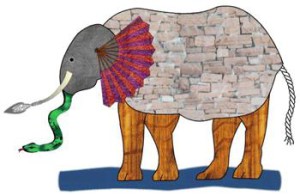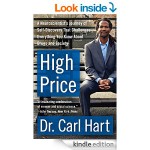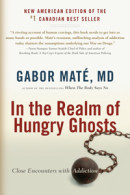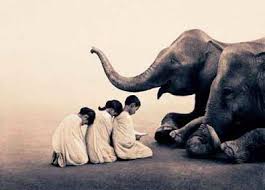Hello people. I’m writing this using a voice recognition app — and then editing the result. Which is pretty strange after all these years using my fingertips. I had a torn tendon in my shoulder repaired last week, and for the next 5 weeks I will have to keep my right arm in a sling. What a drag! At least I’m learning to e-nun-ci-ate more clearly. The most frequent turn of phrase in our household is “What?!” This could help.
For today I just want to draw your attention to the new look of my website. The title, understanding addiction, is clearly what we’re trying to do here. The subtitle, linking brain, behavior, and biography is meant to highlight the importance of integrating viewpoints across these radically different modes of inquiry.
Perspectives on addiction from psychological research, neuroscientific data, and biographical accounts (including addiction memoirs and stories) are so different that it seems we are describing unique phenomena or different species. But there is just one phenomenon we need to grapple with, and our understanding of that thing will be greatly enriched and articulated by unifying these perspectives.
 You probably agree with me or you wouldn’t be reading this. And I don’t need to preach to the converted. Rather, I want to highlight the importance of combining perspectives for newcomers — former and recovering addicts, their families, and writers, scientists, and treatment providers. Because it just isn’t done enough. It’s hardly done at all! How often do you think addiction memoirs are read by addiction neuroscientists? How often do people mesmerized by stories of addiction and recovery delve into the brain processes going on at the very same time as those stories are unfolding? Not interested? Too complicated? Psychologists sometimes dip gingerly into each of the other two spheres, but they often don’t use what they learn to design more meaningful studies.
You probably agree with me or you wouldn’t be reading this. And I don’t need to preach to the converted. Rather, I want to highlight the importance of combining perspectives for newcomers — former and recovering addicts, their families, and writers, scientists, and treatment providers. Because it just isn’t done enough. It’s hardly done at all! How often do you think addiction memoirs are read by addiction neuroscientists? How often do people mesmerized by stories of addiction and recovery delve into the brain processes going on at the very same time as those stories are unfolding? Not interested? Too complicated? Psychologists sometimes dip gingerly into each of the other two spheres, but they often don’t use what they learn to design more meaningful studies.

 Noted exceptions are Gabor Maté (no, not gay bar message, not game board Maytag, not Gameboy anything!!! This voice recognition software is hilarious…I mean, at least it’s trying) and more recently Carl Hart. It can be done. It’s not all that difficult. The trick is to realize that we are describing the same human being going through the same immensely difficult and powerful transformation and to recognize that this person’s brain, mind, subjective experience, and behaviour all reflect it, though in very different ways.
Noted exceptions are Gabor Maté (no, not gay bar message, not game board Maytag, not Gameboy anything!!! This voice recognition software is hilarious…I mean, at least it’s trying) and more recently Carl Hart. It can be done. It’s not all that difficult. The trick is to realize that we are describing the same human being going through the same immensely difficult and powerful transformation and to recognize that this person’s brain, mind, subjective experience, and behaviour all reflect it, though in very different ways.
I also want to encourage my readers to send your stories for me to post on the Guest Memoirs page. It’s still there. Do your part! Let’s keep reading, thinking, and telling our stories — and listening to each other.
You’ve heard of the blind men and the elephant? Each man describes what he gleans from touching a different part of the animal, but it takes all of them together to get a sense of what an elephant is. So I’ll end with a sentence from Wikipedia I got by clicking “blind+men+elephant”
At various times the parable has provided insight into the relativism, opaqueness or inexpressible nature of truth, the behavior of experts in fields where there is a deficit or inaccessibility of information, the need for communication, and respect for different perspectives.
That pretty much says it all.

Leave a Reply